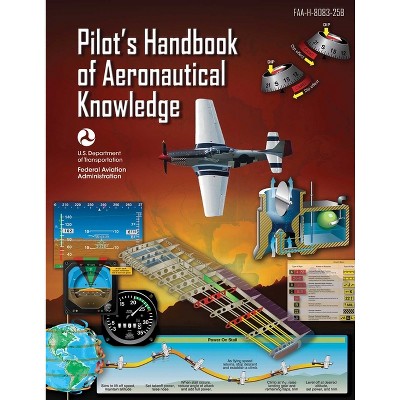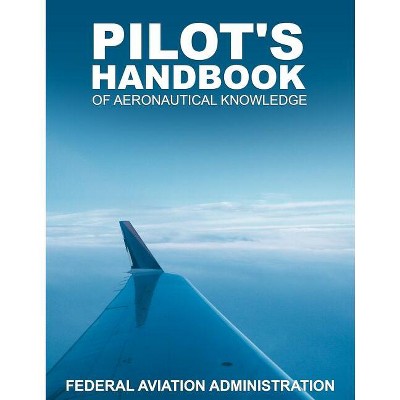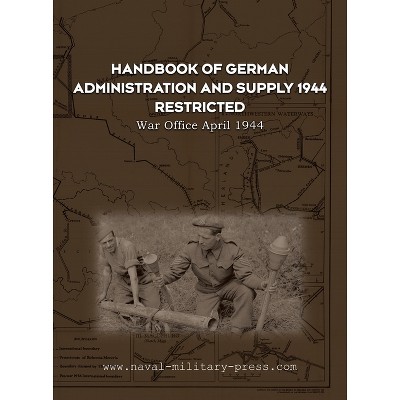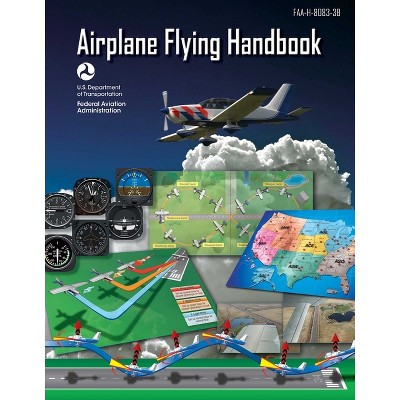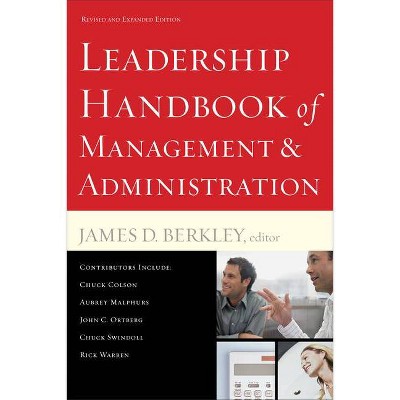Revenue Administration Handbook - by Raúl Félix Junquera-Varela & Cristian Óliver Lucas-Mas (Paperback)

About this item
Highlights
- Revenue Administration Handbook provides a comprehensive overview of the structure and management of tax and customs administrations, covering topics such as tax policy design considerations that impact tax administration, institutional setup and strategic planning, analyticalcapacities and maturity models, core business processes, and tax sanctions.
- About the Author: The World Bank came into formal existence in 1945 following the international ratification of the Bretton Woods agreements.
- 318 Pages
- Business + Money Management, Taxation
Description
About the Book
This Handbook provides a comprehensive overview of the structure and management of tax and customs administrations. It covers tax administration, institutional setup and strategic planning, analytical capacities and maturity models, core business processes, tax sanctions, digital transformation, and building data science capabilities.
Book Synopsis
Revenue Administration Handbook provides a comprehensive overview of the structure and management of tax and customs administrations, covering topics such as tax policy design considerations that impact tax administration, institutional setup and strategic planning, analyticalcapacities and maturity models, core business processes, and tax sanctions. It also presents pioneering work in the field of digital transformation and how to build data science capabilities, including a roadmap for policy makers and tax officials on how to incorporate and manage disruptive technologies, such as machine learning, into building modern revenue administrations while taking into account their respective maturity levels. This practical manual provides examples from real-life World Bank projects so that policy makers, tax officials, information technology experts, and information and communication technology providers can better understand the needs of revenue administrations to design and implement the most appropriate technology solutions. This reference work is intended to serve as a tool to facilitate the progress and modernization of tax and customs administrations worldwide, and to reach not only tax experts and policy makers, but also other government officials, businesses and academic communities, as well as the larger public, since all are relevant stakeholders with an active role in day-to-day revenue administration operations.
-------------------------
"This is a very timely and useful reference for tax practitioners and stakeholders, coming at a time when tax administrators continue to grapple with the challenge of how to accelerate the modernization of technology systems to remain effective in a rapidly advancing and technologydriven business environment.+?
MOSES WASIKE, Senior financial management specialist, World Bank
"This is an impressive piece of work that pulls together many different strains on tax administration.+?
JEFFREY OWENS, Director, Global Tax Policy Center, Vienna University
"Applying several technologies discussed in this handbook in an innovative manner will definitely help leapfrog countries to pursue a digital transformation agenda, especially in the areas of efficiency, productivity, and citizen satisfaction.+?
About the Author
The World Bank came into formal existence in 1945 following the international ratification of the Bretton Woods agreements. It is a vital source of financial and technical assistance to developing countries around the world. The organization's activities are focused on education, health, agriculture and rural development, environmental protection, establishing and enforcing regulations, infrastructure development, governance and legal institutions development. The World Bank is made up of two unique development institutions owned by its 185 Member Countries. The International Bank for Reconstruction and Development (IBRD) focuses on middle income and creditworthy poor countries and the International Development Association (IDA), which focuses on the poorest countries in the world.Shipping details
Return details
Trending Non-Fiction






Discover more options
